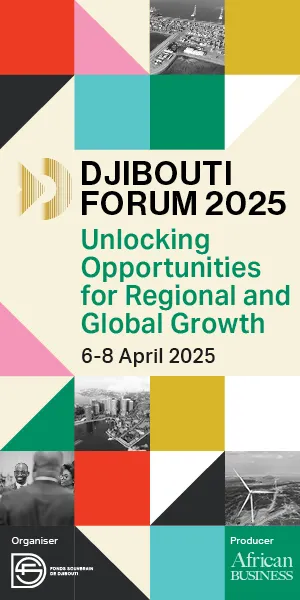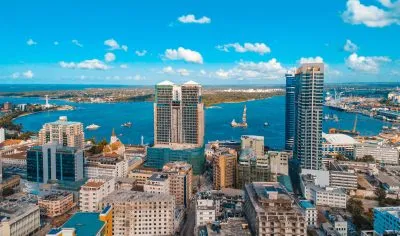The Tokyo International Conference on African Development (TICAD) has become a major forum for the promotion of African development. Neil Ford looks back at what the meetings have achieved over more than 25 years and examines the agenda for this year’s edition in Yokohama, Japan.
The Seventh Tokyo International Conference on African Development (TICAD) is co-organised by the government of Japan, the United Nations (UN), the World Bank (WB), the United Nations Development Programme (UNDP) and the African Union Commission (AUC).
TICAD was launched in 1993 to create a forum for high-level policy dialogue between African leaders and development partners – for more on the background to relations between Japan and Africa that led to its inception, see overleaf.
The conference was held every five years from 1993 until TICAD V in 2013. Since TICAD VI in 2016 it has taken place every three years, alternating between Africa and Japan.
TICAD seeks to empower the continent and its people by promoting African ownership and partnerships between the international community and African countries. It has now grown to become an important global framework for the promotion of African development, bringing together a wide range of stakeholders, including African and Japanese governments, international and regional organisations, donor nations, private sector companies and civil society.
Participants at TICAD I in 1993 pledged to halt the decline in development assistance to Africa that had begun at the end of the Cold War, while TICAD II focused on poverty reduction and the integration of Africa into the global economy.
TICAD’s support for the African Union’s New Partnership for Africa’s Development (NEPAD) was the headline at the third conference, while the Yokohama Declaration was made at TICAD IV, providing a political commitment to African development. TICAD IV also addressed three priority areas: boosting economic growth; ensuring human security and tackling environmental problems, such as climate change.
Breakthrough in Yokohama
TICAD V in 2013, which was held in Yokohama and which was attended by the leaders of more than 50 African countries, marked something of a breakthrough in size and scope.
Japanese Prime Minister Shinzo Abe pledged $32bn in Japanese public and private investment to be made in Africa over five years, including $14bn in official development aid.
Abe had signalled his interest in the continent by embarking on a tour of African states just a month after taking office in January 2014. Japan’s Prince Akishino and Princess Kiko visited Tanzania and Zambia in the same year.
Abe triggered the new focus on encouraging private sector investment at a meeting in Addis Ababa, when he said: “The African nations are no longer in need of aid. The region’s human resource development and infrastructure improvement are both attractive investments for the future… They are made for Japan to grow together with the African countries.”
Discussions at TICAD V, which marked the 20th anniversary of the TICAD process, were based on the three interrelated themes of a Robust and Sustainable Economy; an Inclusive and Resilient Society and Peace and Stability.
A wide range of programmes and measures announced at each conference were implemented over the following years, turning TICAD into a focus for development rather than merely a gathering of the international community.
The sixth edition of TICAD was the first to be held in Africa, in Nairobi, and was attended by a record 11,000 people and 77 organisations, including Japanese companies and universities. Conference discussions in Nairobi centred on promoting structural economic transformation, promoting resilient health systems and promoting social stability for shared prosperity.
Soft power
Tokyo has generally favoured the use of soft power in Africa, through diplomacy, social engagement and partnership. For example, the African Business Education Initiative for Youth (ABE Initiative) was announced at TICAD V in response to the desire to develop human resources in both the public and private sectors and has now firmly bedded in.
It offers African students the opportunity for professional education at graduate schools throughout Japan and to receive internship training at Japanese companies that operate in fields that benefit industrial development in Africa. The total number of ABE initiative participants has reached at 1,219 students.
Africa offers huge and growing markets for a wide range of goods and services, while it has a big untapped workforce that could support operations by Japanese firms keen to expand overseas. Many Japanese companies support localisation and technology transfer, helping local businesses to grow.
Want to continue reading? Subscribe today.
You've read all your free articles for this month! Subscribe now to enjoy full access to our content.
Digital Monthly
£8.00 / month
Receive full unlimited access to our articles, opinions, podcasts and more.
Digital Yearly
£70.00 / year
Our best value offer - save £26 and gain access to all of our digital content for an entire year!
 Sign in with Google
Sign in with Google 



